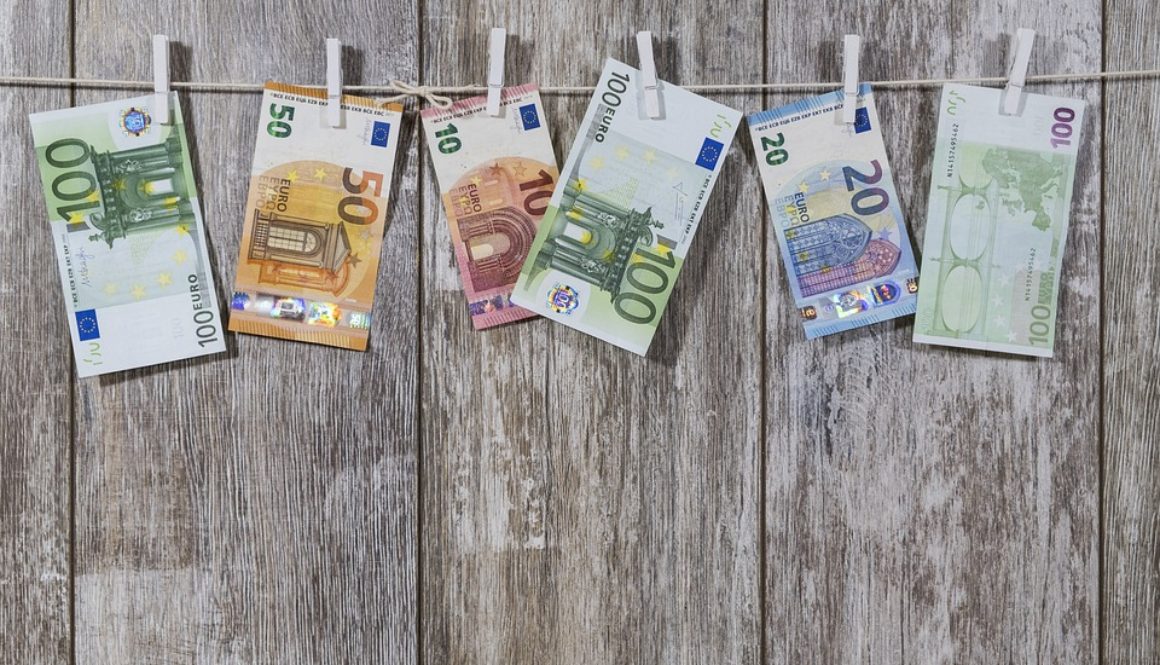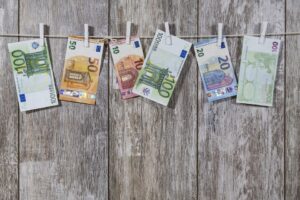Stop to harmful subsidies
Fisheries Subsidies: public funds for public good, not individual gain.
Not to help us fish more, but to help us fish better.
Brussels, 4th of October 2019
Brian O’Riordan
The Low Impact Fishers of Europe (LIFE) advocates that public funds should be used for public good, not individual gain. Fisheries and the marine environment are a public resource that need conserving within sustainable limits if fishing is to have a future. This requires giving attention to the three pillars of sustainability – the environmental as well as the social and economic dimensions. LIFE therefore urges that under the new European funding scheme for the maritime sector, that priority be given to protecting the environment and conserving fish stocks, and to supporting collective projects that contribute to social and economic sustainability of fishing communities.
In this light, LIFE agreed to be a co-signatory on a letter drafted together with environmental NGOs (available here) on fisheries subsidies and addressed to Members of the European Parliament. The European Parliament will play a determining role as co-deciders in the forthcoming “trilogue” process to adopt a new regulation for a European Maritime, Fisheries and Aquaculture Fund (EMFAF) for the period 2021 to 2027.
At the last meeting of the Fisheries (Pech) Committee of the European Parliament on October 2, the Deputies reviewed the subsidies being provided to the European fisheries sector through the European Maritime and Fisheries Fund (EMFF). They also discussed the issues arising from the proposal approved under the last Parliament for subsidizing Europe’s maritime, fisheries and aquaculture sectors over the next period, 2021 to 2027, under what is to be called the European Maritime, Fisheries and Aquaculture Find (EMFA). The debate comes just ahead of the next round of trilogue negotiations, through which the European Parliament and the Council of Ministers must arrive at an agreed “co-decision” on the new legislation, with the facilitation of the European Commission.
A contentious issue in the debate is the provision of subsidies for actions that contribute to overcapacity, overfishing or Illegal, Unreported and Unregulated (IUU) fishing. Since 2005 the World Trade Organisation (WTO) has been mandated to negotiate the ending of certain forms of fisheries subsidies that contribute to overcapacity and overfishing. Following the Rio + 20 United Nations Conference on Sustainable Development in 2012, and the subsequent development of Sustainable Development Goals (SDGs), the WTO is now focussed on delivering SDG 14.6. This commits States to: “by 2020, prohibit certain forms of fisheries subsidies which contribute to overcapacity and overfishing, and eliminate subsidies that contribute to IUU fishing, and refrain from introducing new such subsidies.”
For this reason, in its 2018 proposal on the EMFF (now EMFAF) post 2020, the European Commission listed as ineligible, subsidies for “operations that increase the fishing capacity of a fishing vessel or support the acquisition of equipment that increases the ability of a fishing vessel to find fish” and for “the construction and acquisition of fishing vessels or the importation of fishing vessels, unless otherwise provided for in this Regulation”.
In the European Parliament’s proposal, subsidies may be used for “the purpose of improving the safety or the working or living conditions of the crew which includes corrections to vessel stability, or the quality of the product,” provided that any increase in capacity “is within the limit allocated to the Member State concerned, without jeopardising the balance between fishing capacity and available fishing opportunities and without increasing the ability of the fishing vessel concerned to catch fish.”
Such a proposal is very much in line with the ILO Work in Fishing Convention, C.188, and as such supported by both vessel owners and trade unions. Thanks to their efforts, key provisions of ILO C.188 became EU law in December 2016 through Council Directive 2017/159. Member States must comply with this by November 15 2019. Subsidizing safety and decent conditions is also in line with efforts to make the fishing sector more attractive to the younger generation. But there is a fine line between increasing fishing capacity on the one hand and improving safety and working and living conditions on board on the other. Should public money be used for improving safety and working conditions if this also increases fishing capacity? Would such a provision undermine the EU’s credibility at the WTO negotiations to prohibit harmful subsidies contributing to overcapacity, overfishing and illegal fishing by 2020, in line with Sustainable Development Goal 14.6?
Also of contention is whether or not fishers should be compensated for the temporary closure of fisheries which force them to tie up their vessels. Such forced closures mean that their livelihoods are curtailed, and if closures are protracted this can mean the demise and death of their businesses. Once such small enterprises fail, there is no bringing them back.
However, small-scale fishers, as self-employed entrepreneurs are not eligible for unemployment benefit during such closures. Neither are they eligible nor have they asked for subsidies to compensate them for their loss of earnings during such closures. They would much prefer to be working at sea than to be unemployed ashore. They therefore agree with NGOs that loss of earnings should not be compensated for by European subsidies. They are open to suggestions and assistance to enable them to pursue viable alternatives, and to diversify. LIFE advocates that such closures, and any short-term alternatives to fishing, need to part and parcel of National level action plans for small-scale low impact coastal fishing, outlined in the Commission’s proposal.
Such action plans would provide the basis for investing in the sustainability of the sector and to improve its profitability. In 2017 the small-scale fleets of five Member States suffered gross losses and in nine Member States net losses, as reported by the Scientific, Technical and Economic Committee (STECF 2019 AER Report). This compares to 3 and 5 respectively for larger scale fishing activities. The STECF also notes that the viability of small-scale fishery enterprises is far more dependent of value addition, making market access a key factor for profitability. Small-scale fishers have to sell their fish on the same markets used large scale fishing activities, where the quality, especially freshness, may be very different. All too often, the bulk landings of the larger scale-scale sector drag down prices on the market, making it difficult for small scale operations to make a living.
LIFE therefore advocates that support be provided to small scale fishers to organize themselves and to establish Producer Organizations (POs). Such POs would both secure their access to resources through quota reallocation schemes supported by the EMFF, and to markets. Small-scale fishers see no point in investing in new vessels or in improving their vessels if their lack of access to resources and markets undermines the viability of their businesses. Rather they would like to see investments in actions that secure their future; actions which secure sustainable access to resources and access to markets. Small-scale fishers don’t want to fish more, they want to fish better, prioritizing quality over quantity.
Reporting on the current implementation of the EMFF, the European Commission noted that overall the larger scale fleet segment had received around 70% of the subsidies, with 18% going to the smaller scale sector (under 12 metres using non-towed gears). This has created a distortion on the seas that needs to be redressed. The Commission representative also commented that there was no economic justification in investing public funds in vessels and engines given the strong economic performance of the larger scale fleet. Rather, such investment should come from the private sector.
Summing up, the Chair of the Fisheries Committee, Chris Davies noted that no Parliamentarians were in favour of harmful subsidies. By the WTO SDG 14.6 yardstick, upgrading vessel security to ensure the safety of the fishers could not be bad. However, we can’t be sure, he said, that our actions will not lead to unintended consequences.


